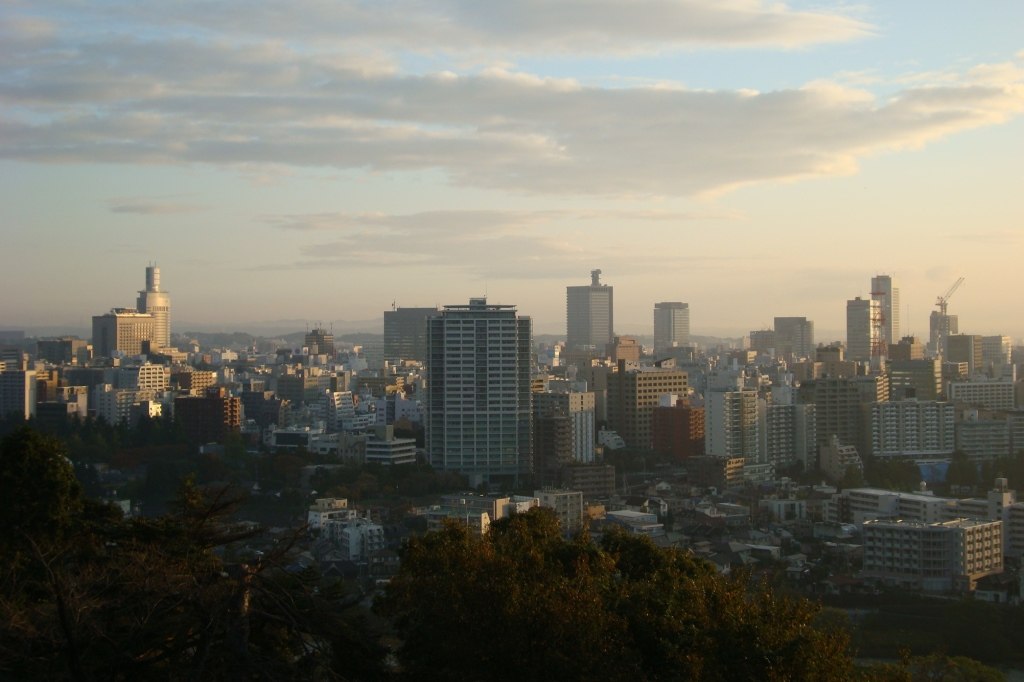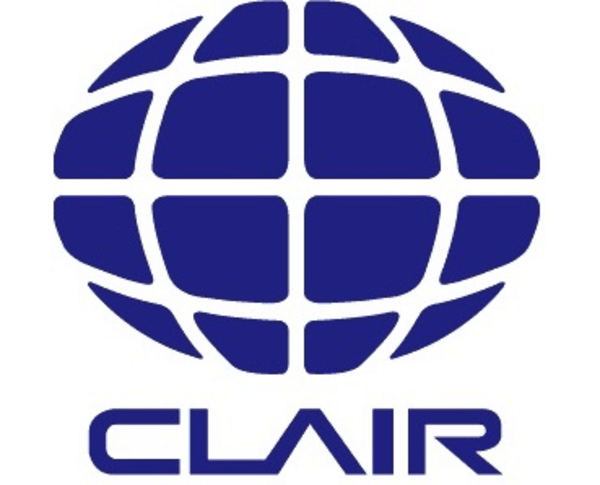The Startup Visa is a programme to encourage foreign nationals to engage in business startup activities. The eligibility requirements for “Business Manager” status of residence (required for foreign nationals to launch a business in Japan) are relaxed for those who plan to engage in startup businesses in Sendai City. At the time of making an application to the immigration bureau, the applicant must employ at least two full-time staff or have at least five million yen as business capital, in addition to establishing a business office.
However, a six-month “Business Manager” status of residence may be granted if the requirements are not met, in the case where the applicant completes a Plan for Business Startup Activities to Sendai City government. Sendai City then confirms that the applicant is likely to fulfil the requirements, and the immigration bureau assesses the applicant on the basis of such confirmation.
The Startup Visa system is promoted by providing administrative scriveners and translators to foreign nationals who plan to launch a business in Sendai City.
Assista (Sendai City Entrepreneur Support Centre)
In order to improve the incentives for business startups and increase the continuation rate thereafter, the centre provides individual consultation with experienced advisors and various seminars on the knowledge necessary for business startups and hosts events to make connections between entrepreneurs. The centre has improved support for business startups launched by women by providing female counsellors and a childcare service.
A program is carried out to strengthen individuals who will contribute to society, to clarify the path to the goal, and to enhance the prospect to reach the goal under the support of mentors. An event is held to share information on how social entrepreneurs, both domestic and international got started and what kind of challenges they have faced and how they have been resolved.
Development of fast-growing venture/core entrepreneurs via the Growth Accelerator program
This project enlists entrepreneurs who are willing to grow, provides support for business growth such as lectures on business creation and individual consultation with senior business operators, business startup support specialists and investors, and hosts an achievement presentation session with the participation of investors, major companies and the press.
The first Growth acceleration program (covering Sendai City and all the prefectures in the Tohoku region) was implemented for the purpose of giving a boost to business startup activities and the foundation of SMEs. This aims to expand business, raise funds, and create jobs.

